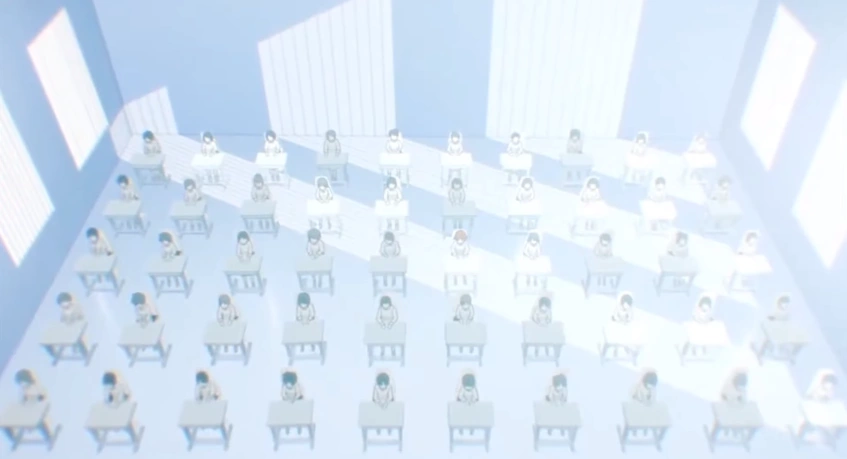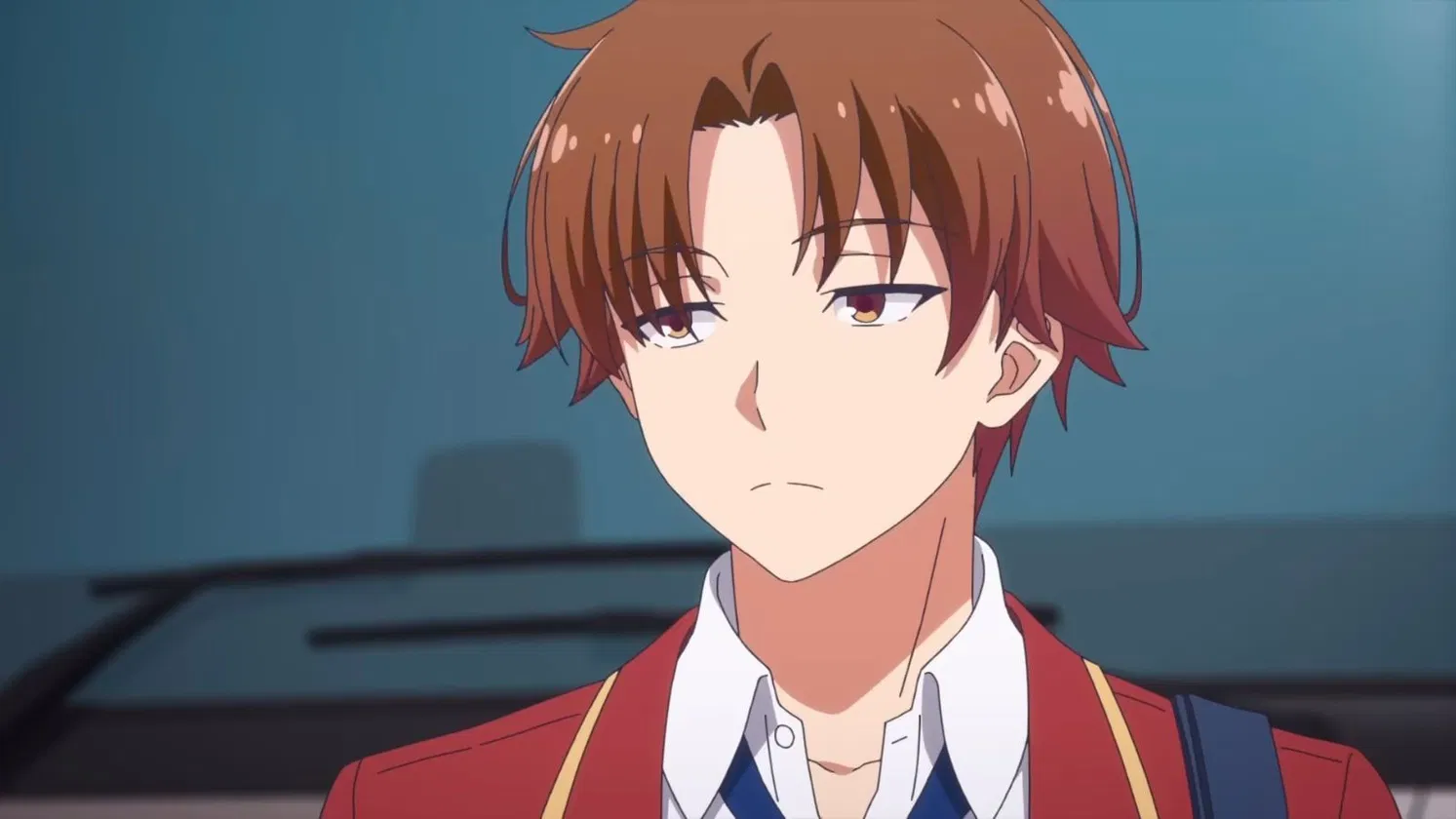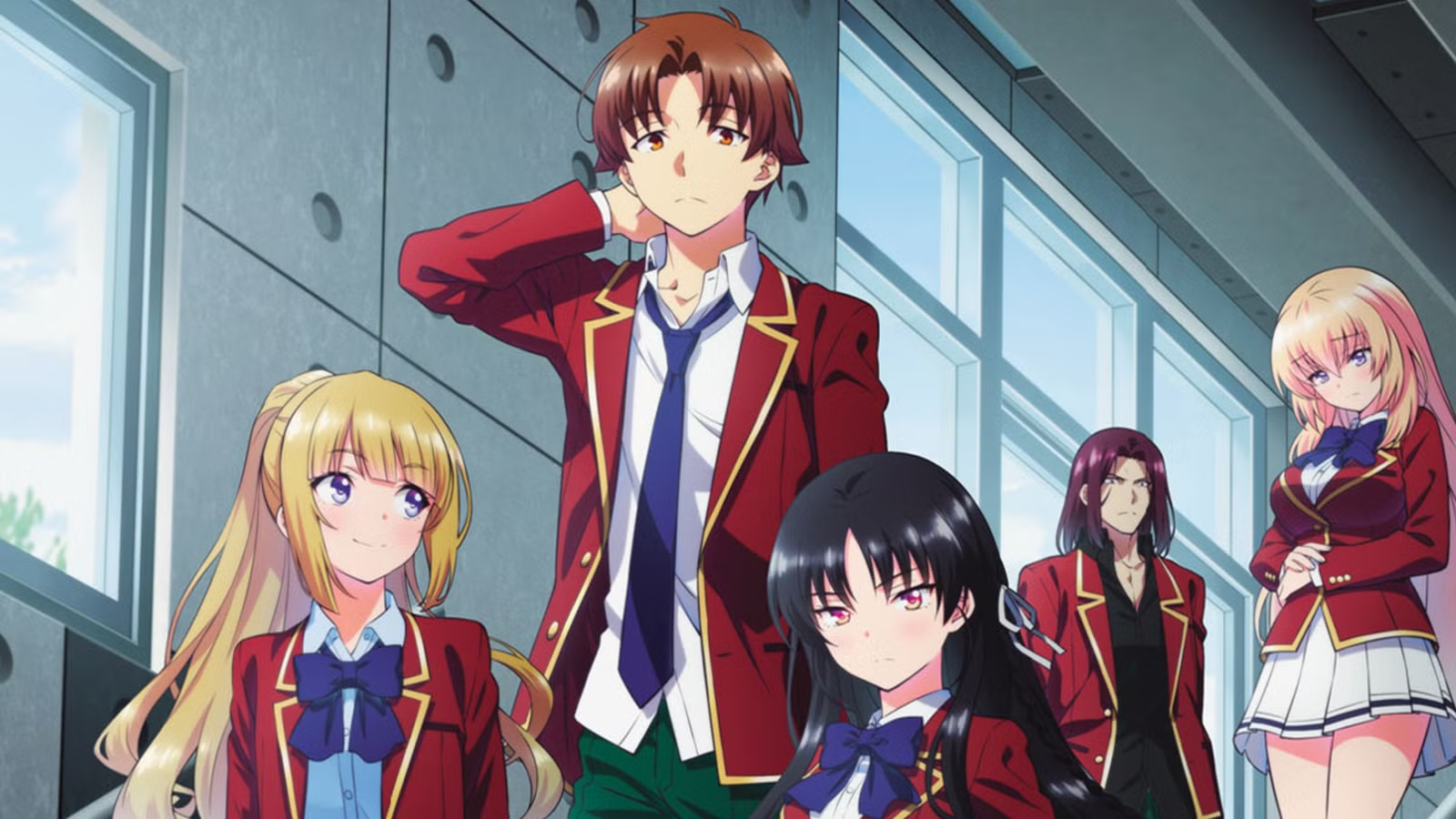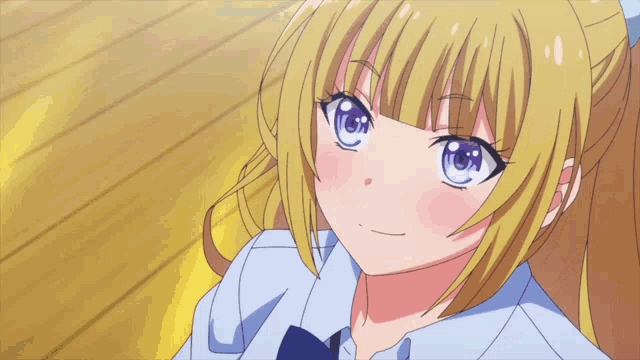If you've watched Classroom of the Elite, you've probably had the same thought I did somewhere around episode three: What is this guy's deal?
Ayanokoji Kiyotaka doesn't yell. He doesn't argue. When people insult him, he just... lets it happen. When classmates get emotional around him, he watches like he's observing something through glass. It's unsettling. Some fans call him cold. Others think he's just impossibly cool under pressure — some kind of 4D chess master who's always three steps ahead.
But I think both readings miss something important. Ayanokoji's silence isn't emptiness, and it's not just tactical genius. It's self-defense. And once you understand where he came from, his behavior starts to feel less like a superpower and more like a scar.
The White Room Changed Everything

Here's the thing about Ayanokoji that the anime only hints at in its early seasons: he wasn't raised. He was engineered.
The White Room — the facility where he spent his childhood — wasn't a school in any meaningful sense. It was an experiment. The goal? Create a "perfect human." Not a happy one. Not a healthy one. Just... optimized. Measurable. Controllable.
Kids in the White Room didn't learn through encouragement or curiosity. They learned through pressure, competition, and the systematic elimination of anything that might get in the way of peak performance. And you know what gets in the way of performance? Feelings.
Affection? That's a distraction. Curiosity outside approved channels? Dangerous. Personal identity? Irrelevant — you are what your test scores say you are.
Ayanokoji didn't grow up learning that emotions were bad, exactly. He learned something worse: that emotions were expensive. Fear makes you compliant. Attachment makes you vulnerable. Wanting something — really wanting it — gives other people a handle they can use to control you.
So he didn't stop feeling. He just learned to treat his own emotions like liabilities. Like evidence that could be used against him.
Why He Won't Engage in Emotional Conflict
Think about what happens in a normal argument. Two people get heated. They raise their voices. They say things like "You hurt me" or "I can't believe you did that." There's an exchange happening — both people are revealing something about what they care about, what gets under their skin, what matters.
Ayanokoji never does this. Ever.
And it's not because he doesn't care. It's because, in his mind, showing that you care is the same as handing someone a weapon.
This is trauma logic, not coldness. When you grow up in an environment where every vulnerability gets exploited, you learn to stop showing vulnerabilities. You learn that the safest version of yourself is the one that gives nothing away. The one that watches, calculates, and never flinches.
So when someone tries to pick a fight with Ayanokoji — when they insult him, challenge him, try to get a rise out of him — he just doesn't engage. Not because he's above it. Because engaging means admitting that their words landed. And admitting that means losing the only advantage he has: being unreadable.
His Calm Isn't Natural — It's Learned

Here's what I think a lot of fans miss: Ayanokoji's composure isn't a personality trait. It's a survival strategy he's practiced until it became second nature.
When everyone around you is panicking, reacting, crying, getting jealous, lashing out — they're all showing you their pressure points. They're telling you exactly where they're vulnerable. Ayanokoji learned to never do that. He keeps his reactions locked down tight, which means no one knows what moves him, what scares him, what he actually wants.
It makes him incredibly effective. It also makes him incredibly isolated.
Think of it like a wall with no visible doors. Sure, nothing can get in to hurt you. But nothing can get in to help you either. His silence protects him, but it also traps him.
But He Does Feel — You Just Have to Watch Closely

This is the part that makes Ayanokoji such a fascinating character to me. He's not actually numb. If you pay attention — really pay attention — you catch these tiny moments where the mask slips.
When Kei cries, he looks away before he speaks. There's a beat there, a hesitation, like he's processing something he doesn't quite know what to do with. When Horikita gets hurt, he pauses just a fraction too long before responding. When someone shows him genuine kindness or care, he goes quiet — not cold, but quiet. Like he's encountered something he wasn't prepared for.
These are micro-reactions. Little glitches in the programming. And they tell you everything you need to know: Ayanokoji feels deeply. He just doesn't know what to do with those feelings. He never learned how.
He's not emotionless. He's unpracticed.
Karuizawa Kei: The First Real Crack

If there's one relationship that shows Ayanokoji's walls starting to crumble, it's his dynamic with Karuizawa Kei.
Their relationship doesn't start as anything romantic or even particularly warm. It starts as control — Ayanokoji recognizes her usefulness and brings her into his orbit. Classic manipulation stuff, exactly what you'd expect from him.
But something shifts over time. He protects her. Not just when it's strategically convenient, but repeatedly, in ways that start to feel personal. He lets her get close — physically, emotionally — in ways he doesn't allow with anyone else. And when he's around her, you can see these little hesitations, these moments where he seems almost uncertain about his own motives.
With Kei, Ayanokoji encounters something he's never really experienced before: attachment without immediate danger. Someone who's in his corner, who sees through some of his walls, and who — crucially — hasn't used that knowledge to hurt him.
He doesn't know how to handle it. He can't quite admit what he feels, not even to himself. But it's there. You can see it in the way his silence around her becomes softer, less guarded.
The Real Fear: Losing Control
At the end of the day, Ayanokoji's refusal to engage emotionally comes down to one thing: control.
Not control over others — though he's certainly capable of that. Control over himself.
If he lets someone inside those walls, really lets them in, they could change him. They could understand him in ways that make him predictable. They could hurt him without even meaning to. And he has spent his entire life making sure that never happens.
For someone raised in the White Room, where every weakness was catalogued and exploited, the idea of voluntary vulnerability must feel like standing on the edge of a cliff. Even when the person reaching out means no harm.
He's Not Cold — He's Recovering
So why does Ayanokoji never fight back emotionally?
Because emotional conflict requires you to reveal what you care about. Revealing what you care about makes you vulnerable. Vulnerability means losing control. And losing control is something he has never — not once in his entire life — been allowed to experience safely.
He's not cold. He's not above it all. He's healing. Slowly, reluctantly, often without even realizing it.
The most human thing about Ayanokoji isn't his intelligence or his strategies or that unnerving calm. It's the fact that despite everything, he's learning how to feel again — in a world where feeling was once the most dangerous thing he could do.
And honestly? That's what makes him one of the most compelling characters in anime right now.
If you enjoyed this post do checkout these aswell
Can Luffy Control His Awakened Powers in One Piece
Could Naruto Ever Return? The Possibility of a Boruto Time Skip Revival






